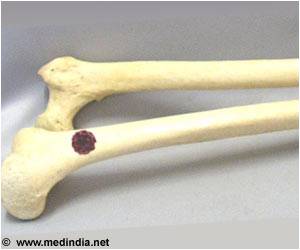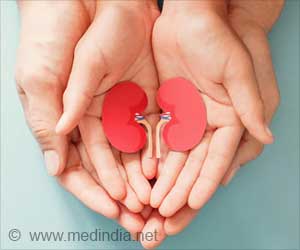Age old methylene blue dye can now be used as a fast-acting antimalarial drug finds a new study.
Highlights
- Methylene blue dye could be a safe antimalarial that destroys malarial parasites at an incredible rate.
- Within two days infected patients were cured of the disease and were no longer able to transmit the disease, even if they were bitten by new mosquito.
- Methylene blue dye is said to work well in species that are resistant to certain anti-malarial medicines.
The gametocytes can stay in a person's body for several weeks following treatment for malaria. In the new study in Mali, Radboudumc researchers added methylene blue to the artemisinin-based combination therapy.
Methylene blue is a blue dye that is used in laboratories to distinguish dead cells from living cells. Adding the dye to the antimalaria medicine ensured that patients no longer infected other mosquitos, within as little as 48 hours. Patients who were not given methylene blue were able to infect other mosquitos for at least a week.
Researcher Teun Bousema (Radboudumc) coordinated the study which was conducted together with the University of California (UCSF) and the Malaria Research and Training Center (MRTC). Bousema: "We noted that the male parasites disappeared from the bloodstream more quickly than the female parasites."
Methylene blue may have an disturbing side effect as it can turn urine into bright blue
The dye is safe and was tolerated well by patients. There is however just one awkward side effect: "I have used it myself, and it turns your urine bright blue. This is something that we need to solve because it could stop people from using it."
Reference
- Prof Alassane Dicko, Michelle E Roh, Halimatou Diawara, et.al.Efficacy and safety of primaquine and methylene blue for prevention of Plasmodium falciparum transmission in Mali: a phase 2, single-blind, randomised controlled trial, Lancet Infectious Diseases (2018). DOI: 10.1016/S1473-3099(18)30044-6
Source-Eurekalert












